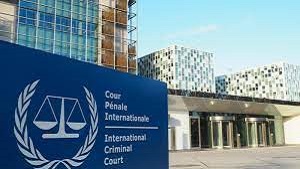This includes the President’s Emergency Plan for AIDS Relief (PEPFAR).
UNAIDS emphasised that the temporary halt in funding is impacting life-saving HIV treatment and prevention services for millions of people globally.
UNAIDS has praised the US for its historic leadership in the fight against HIV, noting the remarkable success of PEPFAR, which has been instrumental in reducing new infections and expanding access to treatment since its launch in 2003. However, the current funding pause, part of broader policy shifts under the US administration, has created significant concerns.
Anne Githuku-Shongwe, Director of UNAIDS’ Regional Support Team for Eastern and Southern Africa, spoke to the growing alarm about the disruption to HIV services in key countries. “PEPFAR has saved over 26 million lives by providing life-saving HIV treatment and prevention programmes, particularly for high-risk communities,” Githuku-Shongwe explained. “In some countries, the US contribution makes up more than half of the HIV response, so this suspension is critical.”
In South Africa, for instance, the government has made plans to increase its funding in response to the US cutbacks. However, in countries like Kenya and Mozambique, where PEPFAR plays a crucial role in providing antiretroviral treatments to millions, the situation is more urgent. With 2.4 million people living with HIV in Mozambique, local governments and international partners are scrambling to ensure continuity of services.
In light of these challenges, UNAIDS is working closely with governments to explore alternative funding mechanisms. Githuku-Shongwe said while some governments, including Malawi and Kenya, have pledged to prioritise HIV services, much of the support from the US is still urgently needed. “We are hopeful that a solution will be reached within the next 90 days to prevent any further setbacks in the fight against HIV,” she said.
UNAIDS continues to monitor the situation closely, stressing the importance of collaboration between governments, international agencies, and communities to ensure that no one is left behind in the fight against HIV.
--ChannelAfrica--













